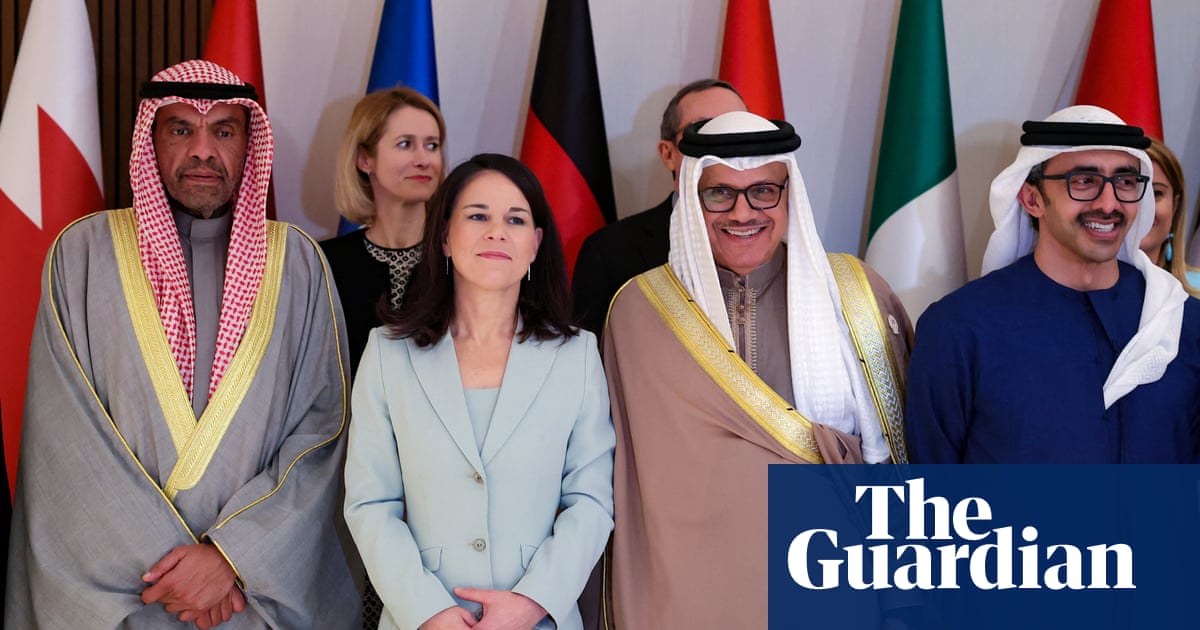A prize celebrating female playwrights has announced its return with its largest prize fund yet, aiming to redress the imbalance in the number of plays by women produced on major stages in the UK and Ireland.

Indhu Rubasingham, announced as the director of the National Theatre last year, marking the first time that a woman and a person of colour has taken on the biggest role in British theatre, will once again chair the event with the winner being awarded £20,000.
The women’s prize for playwriting (WPP), the leading award for female and non-binary playwrights in the UK and Ireland, aims to support and showcase established writers and emerging talent. The award was launched in 2019 by the theatre producer Ellie Keel with Charlotte Bennett and Katie Posner, joint artistic directors of the touring theatre company Paines Plough.
Keel previously said she set up the prize as a corrective in an industry with an enduring gender imbalance.
She drew inspiration from the impact of the women’s prize for fiction, first awarded in 1996, which was set up after the 1991 Booker prize shortlist included no female novelists.
In 2018, only 26% of new plays on main stages in Britain were by women, she pointed out. The founders hoped the prize would help dismantle stereotypes and challenge assumptions about women’s writing.
Keel said: “I’m thrilled that the women’s prize for playwriting is returning in a bigger and bolder form than ever, with a significant increase in prize money and our first theatre partnership with the brilliant Sheffield Theatres.
”These developments will allow WPP to build on our track record of creating tangible and lasting change, not only for the careers of our winning playwrights but within the theatre industry as a whole,” she added.
Last year, a play about the reincarnation of the Victorian computing pioneer Ada Lovelace won the award. Intelligence, by Sarah Grochala, followed Lovelace’s attempts to forge a career for herself as a serious scientist in 1840s London while being continually obstructed by men.
Elizabeth Newman, the incoming artistic director of Sheffield Theatres, said: “Being part of the prize offers us the opportunity to play a crucial role in addressing gender disparities in theatre by offering tangible support and recognition to those whose voices have been historically marginalised.”
Chaired by Rubasingham, the judging panel will also include Emily Vaughan-Barratt, producer at production company Wessex Grove, directors Milli Bhatia and Alice Hamilton, the actor Romola Garai, literary agent Mel Kenyon, artistic director of Bristol Old Vic, Nancy Medina, the National Theatre’s director of new work Nina Steiger, and the Guardian editor-in-chief, Katharine Viner.
Submissions for the award will open on 13 January and close on 22 April.

.png) 1 month ago
13
1 month ago
13













































